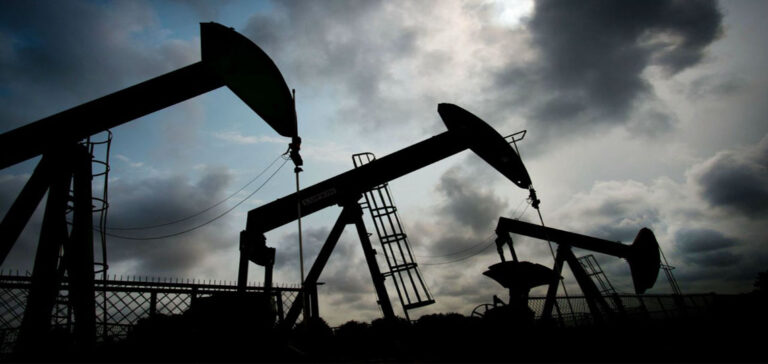A downward revision of oil demand forecasts is projected by theInternational Energy Agency (IEA). Indeed, it recently reduced its oil demand projections for 2030 and 2050, with significant implications for the energy sector and the climate. This revision is mainly due to the rapid adoption of electric vehicles, a major change in the global energy landscape.
Oil demand for 2030 is now estimated at 92.5 million barrels per day (b/d), down from 93 million b/d in the previous year’s report and from 96.5 million b/d of actual consumption in 2022.
Implications for the Energy Sector
This downward revision has major repercussions for the energy sector. The IEA forecasts that the Organization of the Petroleum Exporting Countries’ (OPEC) share of oil supply in 2050 will reach 45% in the announced commitment scenario, up from 42% the previous year.
The Realities of Today’s Energy Market
The report acknowledges that Russian oil production has been “more resilient than expected” despite sanctions led by the United States and the European Union. However, even in the least ambitious global emissions reduction scenario, Russia continues to “struggle to maintain production from existing fields or develop new fields.” Its production is set to fall by 3.5 million barrels a day by 2050.
The report also points out that the current crisis has called into question the idea that oil and gas are more reliable energy sources than low-carbon energies. IEA Executive Director Fatih Birol said, “Given the tensions and volatility that characterize traditional energy markets today, claims that oil and gas represent safe or secure choices for the world’s energy and climate future seem weaker than ever.”
Peak Oil Demand
The IEA maintains its assertion that demand for gas, oil and coal will peak by 2030, with the road transport sector no longer a driver of oil demand growth by the end of the decade. This forecast runs counter to those of several other organizations, including OPEC’s latest long-term scenario, which does not envisage oil consumption peaking before 2045.
The Myth of Insufficient Investment
The IEA rejects fears of under-investment in oil and gas resources. According to the report, these fears are no longer based on the latest technological advances and market trends. However, the report underlines the economic and financial risks associated with major oil and gas projects, in addition to the risks associated with climate change.
This revision of the IEA’s oil demand forecasts reflects the rapid evolution of the global energy landscape towards cleaner, more sustainable energy sources. The transition to renewable and low-carbon energies continues to gain momentum, and the oil industry faces significant challenges in adapting to this new reality.






















